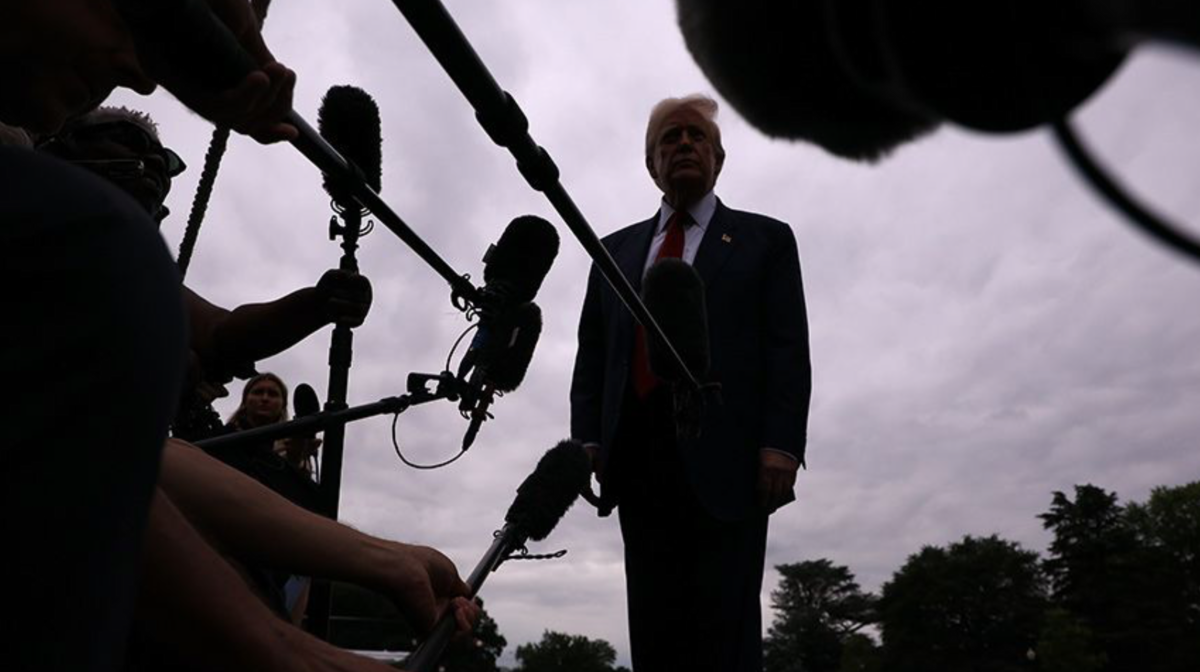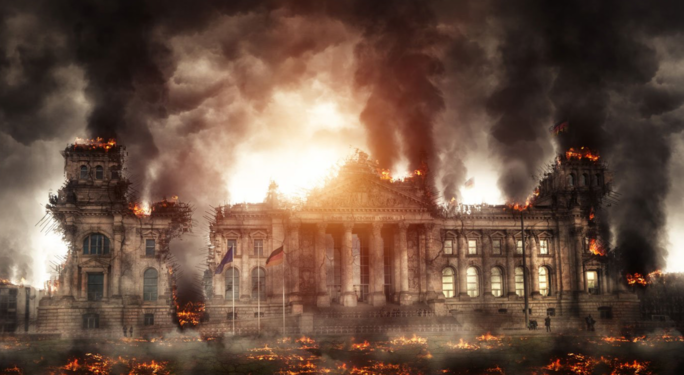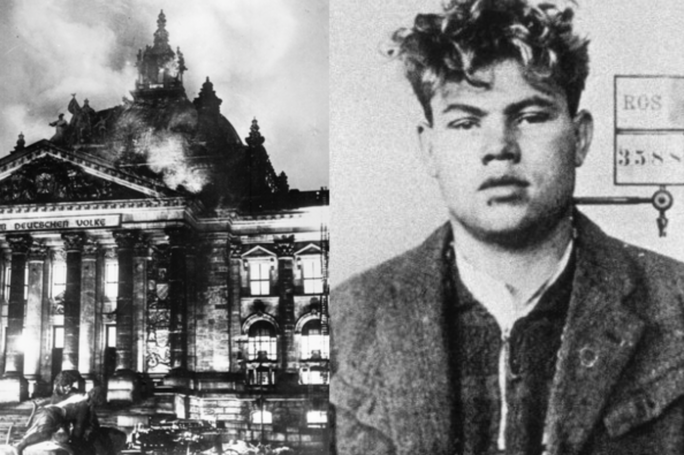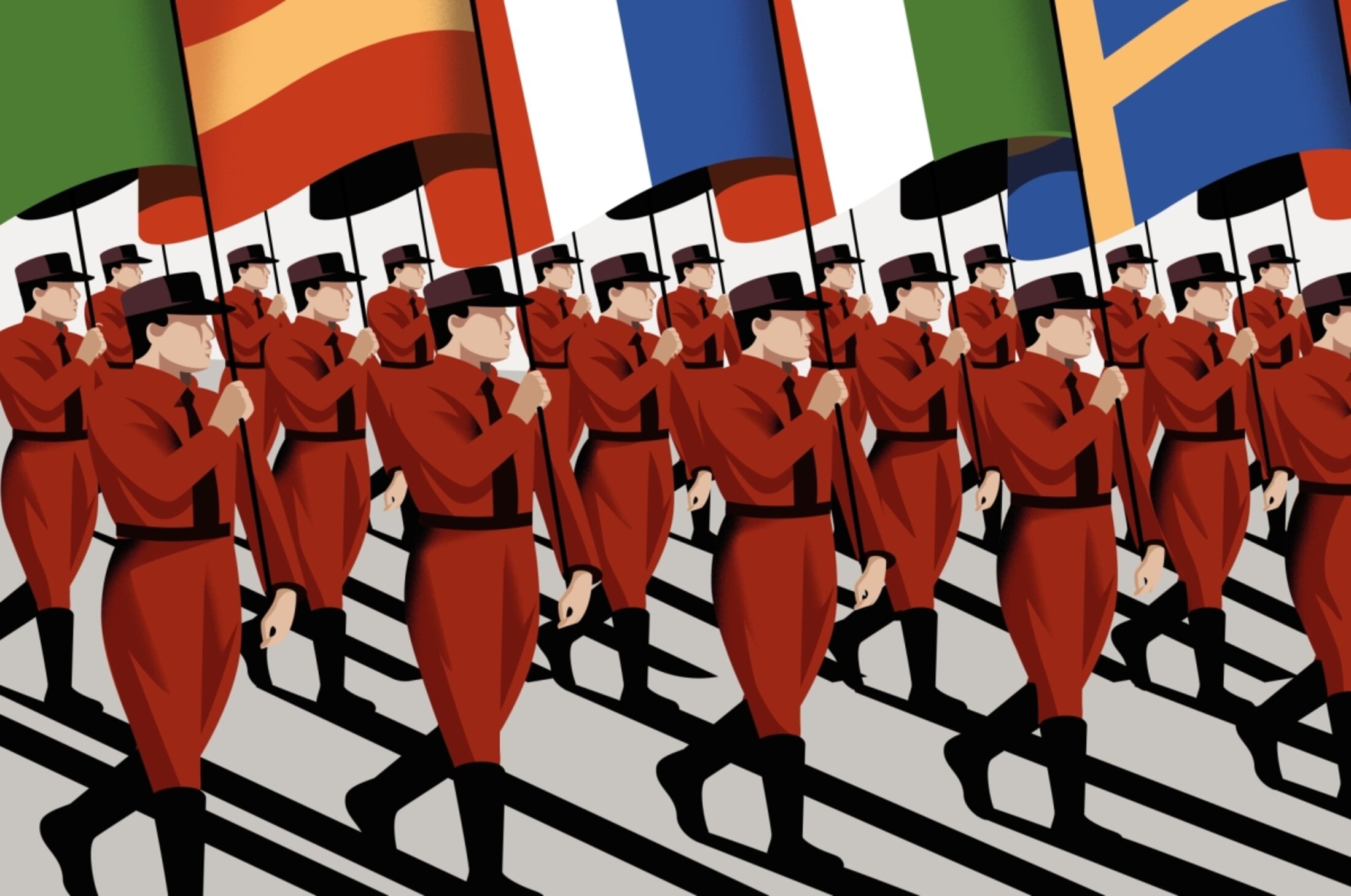The old cliché is the new reality: history repeats itself.
It does so, nowadays, as the global mood reflects a downward spiral — a story foretold.
It didn’t take long before President Trump launched a major drive to stifle various flanks of the opposition and NGOs in the United States, using the pretext of the right-wing activist Charlie Kirk.
The argument is that democratic organizations and civilian protesters are complicit in a violent conspiracy against the conservative values of society.
“…he is now conducting the most punishing government crackdown against major American media institutions in modern times, using what seems like every tool at his disposal to eradicate reporting and commentary with which he disagrees,” wrote Jim Rutenberg in New York Times.
“ABC’s decision on Wednesday to “indefinitely” suspend Jimmy Kimmel’s late-night talk show, for comments the host made about the assassination of the conservative activist Charlie Kirk, illuminates the administration’s efficacy so far. Far from decrying the silencing of a comedian, Mr. Trump celebrated what he termed a “cancellation” by declaring it “Great News for America” on Truth Social. He later said networks whose hosts are critical of him should lose their right to broadcast.”
“The decision comes after multimillion-dollar legal settlements from CBS and ABC in lawsuits filed by Mr. Trump that legal experts had viewed as long shots; after CBS News’s agreement to change the way it presents political interviews under administration pressure; and after an agreement by CBS’s newly merged parent company, Paramount Skydance, to appoint an “ombudsman” to hear complaints about its coverage. (The company named for the job a conservative policy veteran.)”, the analysis went on.
Other imminent targets are the New York Times and Penguin Random House. Trump filed a $15 billion (and no less!) defamation lawsuit against the newspaper and the book publisher, claiming that their publications damaged Trump’s business, personal, and political reputation ahead of the 2024 presidential election.

Agrandissement : Illustration 1

“The predominant feeling and sentiment is, IT’S ABOUT TIME!” he wrote on his social media platform Truth Social. “The Radical Left Media is working hard to destroy the USA. We are going to stop them at each and every level!!!”
The trial may proceed on what the NYT says are baseless arguments, but the intent is already clear — following Turkish President Erdoğan’s playbook — and will certainly serve to intimidate critical reporting and dissent.
There is much more. Trump and his top officers indicate that they would target liberal groups like George Soros’s Open Society Foundation and the Ford Foundation; launch federal investigations into hate speech; and designate certain groups as domestic terrorists.
Stephen Miller, Trump’s deputy chief of staff, declared: “We are going to use every resource we have at the Department of Justice, Homeland Security, and throughout this government to identify, disrupt, dismantle, and destroy these networks and make America safe again for the American people. It will happen, and we will do it in Charlie’s name.”
Trumpists are extremely cheerful. Many of them feel their moment has come. Laura Loomer, a Trump confidant, posted on X: “I have to say, I do want President Trump to be the ‘dictator’ the Left thinks he is; and I want the Right to be as devoted to locking up and silencing our violent political enemies as they pretend we are.”

Agrandissement : Illustration 2

All this takes place even before the trial of Tyler Robinson, a 22-year-old who confessed to the crime, begins.
Every day that passes, hopes of a reconciliation and “respectful disagreement” — as Utah Governor Spencer Cox expressed it — seem all the more remote. Swords are drawn, and ambitions to turn the USA into a police state are no longer discreet.
This is a chilling moment in history — again.

Agrandissement : Illustration 3

The way the events develop with Kirk’s assassination and its aftermath is threatening to be — in broad strokes and in spirit — a repeat of what followed the infamous “Reichstag Fire” in Germany, soon after the unstoppable rise of the Nazi Party to power.
Let us remember it: the Reichstag Fire occurred on February 27, 1933, when the German parliament building in Berlin was set ablaze. A young, unemployed Dutch communist, Marinus van der Lubbe, was found at the scene and arrested, accused of starting the fire.

Agrandissement : Illustration 4

The Nazis, led by Adolf Hitler, who had recently become Chancellor, claimed the fire was a communist plot to overthrow the government. Using this event, Hitler persuaded President Paul von Hindenburg to issue the Reichstag Fire Decree, which suspended key civil liberties such as freedom of speech, assembly, and privacy.
This decree enabled the Nazis to cement their domination in politics, arrest thousands of communists and political dissidents, effectively eliminating opposition and facilitating the Nazi consolidation of power. The fire and the decree paved the way for the Enabling Act of 1933, which gave Hitler dictatorial powers.
While the official narrative blamed communists, historians still debate who was truly responsible, with some suspecting Nazi leaders themselves, who might have used the fire as a pretext to seize control. The Reichstag Fire marked a pivotal moment in the dismantling of Germany’s Weimar Republic democracy and the establishment of the Nazi dictatorship.
Put in a broader, global context, the “Kirk effect” taking over the USA may also embolden the far-right on this side of the Atlantic. The mood in Europe could be described, at best, as a contagious commotion. The ground is ripe for a speedy downward spiral, more than ever. The political landscape of Europe is undergoing seismic shifts as crisis, impasse, and rising nationalist tides reshape three of its most pivotal countries: France, Germany, and the United Kingdom.
Each nation wrestles with internal fractures and surging far-right movements — Rassemblement National (RN) in France, the Alternative für Deutschland (AfD) in Germany, and Nigel Farage’s newly energized forces in Northern Ireland and beyond in the UK.
France’s political system is caught in paralysis and mounting popular frustration. Often seen as Europe’s bastion of stability, Germany now faces a profound political challenge from the far-right AfD. In key state elections in the populous North Rhine-Westphalia, the party nearly tripled its share of the vote, marking a notable surge in influence at both state and federal levels. Recent polls reveal the AfD’s unprecedented ascendancy, reaching 26–27% support nationwide, even overtaking the conservative CDU/CSU bloc, which polls around 25%.
In the UK, Nigel Farage has re-emerged as a force to reckon with, leading Reform UK with a platform focused on immigration control, law and order, and economic nationalism. Recent polls place Reform UK at around 30–31% voter support, marking a substantial rise, positioning Farage’s party as the leading force on the right, and as a significant challenger to both Labour and Conservative parties.
History teaches us that once such dark forces are set in motion, they tend to reinforce and enable each other across borders. Given this fact, it is not hard to predict another repetition.
Humanity is at stake, once more.

Agrandissement : Illustration 5




